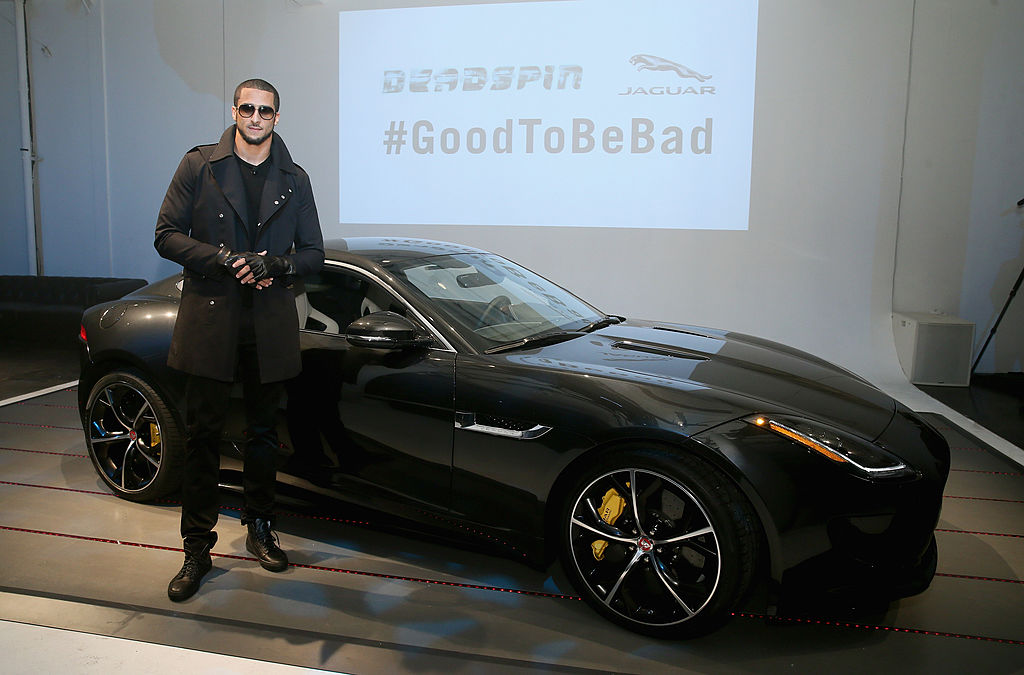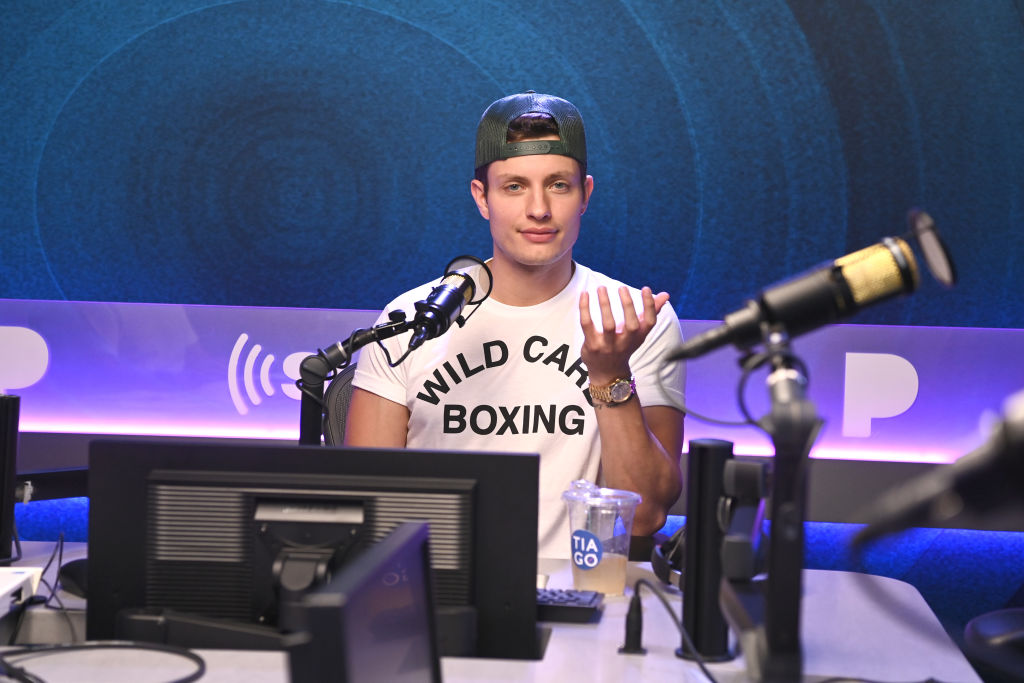It is difficult to describe what’s going on at digital publisher G/O Media — the parent company of such publications as Deadspin, Gizmodo, Jezebel and the Onion — as anything less than a complete dumpster fire. Acquired from Univision by a private equity firm earlier this year, G/O Media in the past few weeks has seen the shuttering of one property (Splinter), a staff revolt at another (Deadspin) after executives reportedly told the newsroom to stick to its primary focus, sports, and quit branching off into culture and politics and the implosion of a million-dollar ad buy after G/O attempted to hit its promised numbers by running autoplay video ads with the sound on. News of the fiasco reached far beyond the usual media-insider suspects: even presidential candidate Bernie Sanders tweeted in support of departed Deadspin staffers.
It goes without saying that these are seriously trying times for some very talented journalists, and I hope things settle down for them soon — other companies would be lucky to scoop them up. As of Friday morning, there was not a single writer or editor left at Deadspin. Quitting abruptly and en masse isn’t an easy move for journalists, given the instability of the media job market.
But I want to highlight something peripheral to this story. In the midst of all this mayhem, an advertiser may have finally realized how brands can play a role in making digital media suck less, and other brands can use it as an example. It is, predictably, all about the money.
That aforementioned million-dollar ad buy: it was from Farmers Insurance Group, and it ‘required G/O Media to deliver nearly 43.5 million ad impressions through September 2020,’ according to the Wall Street Journal. ‘After failing to hit ad impression targets within the first few weeks of the campaign, G/O Media decided to start playing videos with the sound on as soon as pages loaded, according to people familiar with the matter. That included stand-alone video ads for Farmers inside article pages as well as pre-roll ads before editorial videos.’
Here’s the problem: sound-on autoplay ads, for those of you who don’t torment yourselves by following digital advertising news all day, are considered to be the user experience equivalent of fingernails on a chalkboard. Or drinking orange juice after brushing your teeth. It’s one of those digital over-advertising tactics that makes people hate the advertising experience and install ad-blocking browser extensions — assuming they hadn’t already. Spammy and intrusive advertising tactics can make people develop a dislike for the individual advertiser, too; analyst Rich Greenfield, then of market research firm BTIG, described the agony of seeing the same Audi ad so many times that, in his words, ‘I’m starting to hate Audi at this point.’
I say good on Farmers for pulling an ad buy when it was going to be delivered with a form of advertising that consumers hate. Not enough brands are doing this. There’s been a lot of talk about brand safety — not wanting ads to appear next to extremist or hyperpartisan content, for example. But ‘brand safety’ conversations rarely mention user experience. Advertisers typically aren’t thinking about intrusiveness or ad overload.
I don’t know what Farmers had in mind when they pulled the ad buy. It may have been in the name of getting away from a PR fiasco. But assuming it had something to do with caring about consumer experience or about journalists’ work being devalued by poor management decisions, well, that’s promising. In much of digital media (Netflix notwithstanding), ad dollars are where the power lies, and in spite of one ‘woke’ campaign and corporate philanthropy initiative after another, advertisers historically haven’t noticed ways in which media exploits consumers’ time and attention or runs alongside content designed to maximize clicks and/or line the pockets of moguls while writers go underpaid. More brands ought to realize that money spent advertising badly and cheaply is not money well spent.
After all, it’s in their best interests. Keep pissing people off, and they’ll keep paying to make ads go away through picking up any number of paid subscriptions out there. And that’s no way for advertisers to sustain their industry.






















